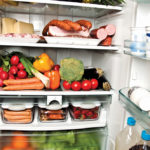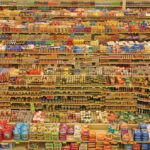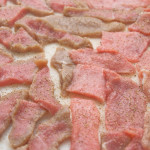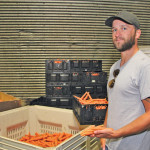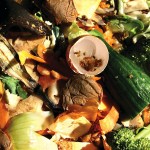Did you eat the potatoes I gave you?” I asked my son. He has been living in an apartment for a couple of months now. I had given him some large baking potatoes. I thought they would be the basis of an easy meal. Just scrub, poke a few holes and bake. I bought him





